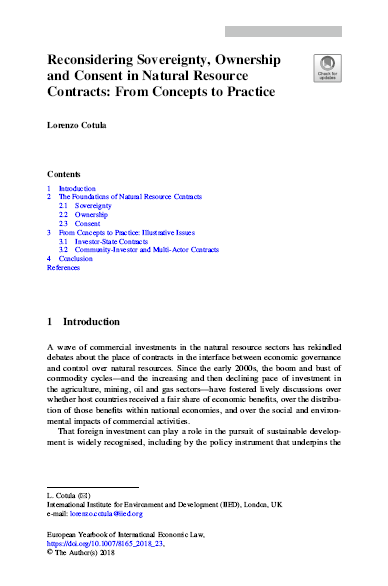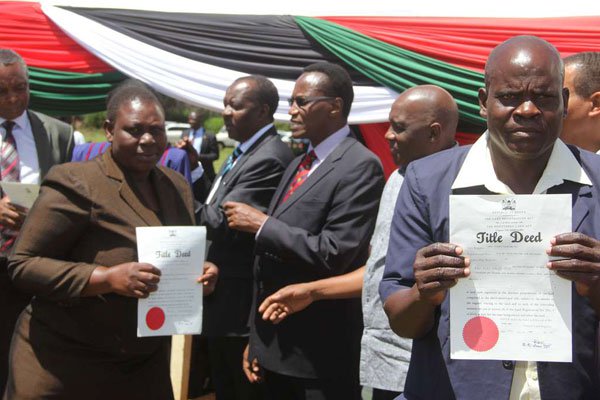Displacement and dispossession through land grabbing in Mozambique: the limits of international and national legal instruments — Refugee Studies Centre
The scale and speed of coordinated land grabs over the past five years has created a new avenue through which people are being displaced and dispossessed of their lands. This paper looks at what limits international and national law in addressing displacement and dispossession due to land grabs in Mozambique.





